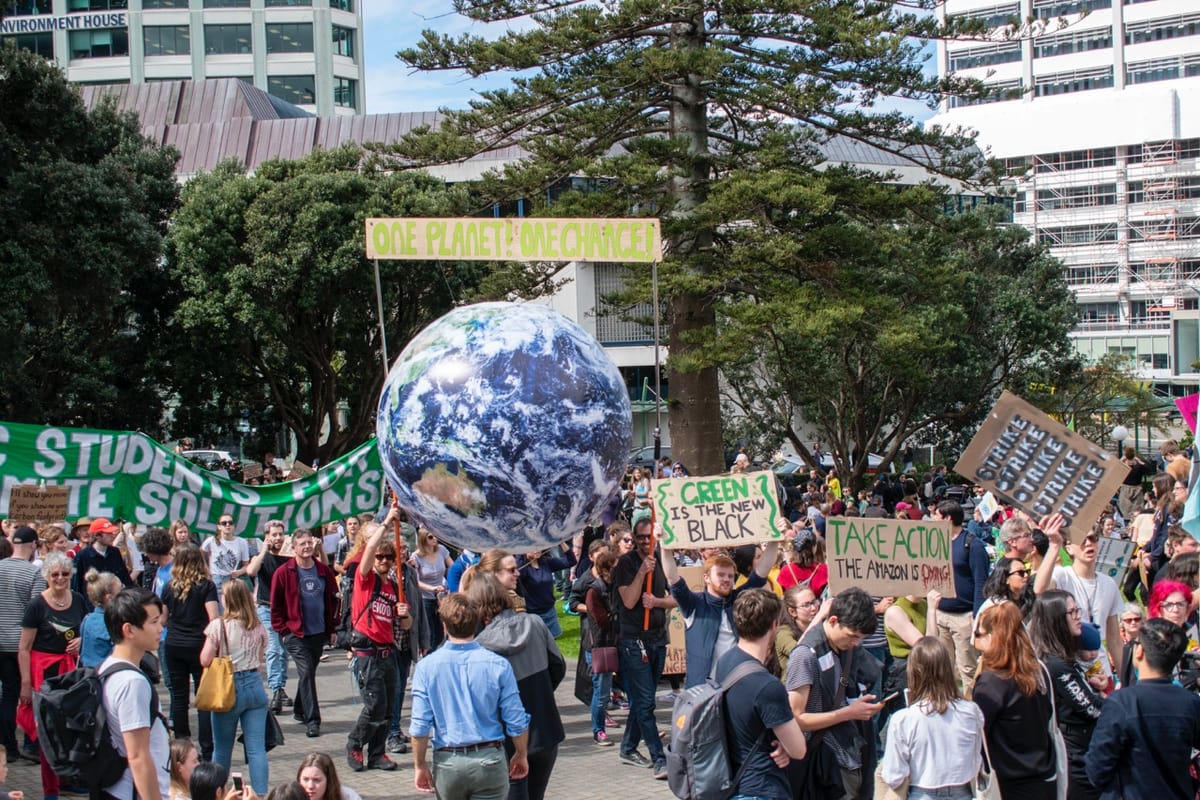How could our right-wing Government take climate change seriously?

Climate change is something everyone on the political spectrum has a reason to solve fast.
Do you care about working people? Disasters hurt workers far more than rich people.
Do you want to keep government debt low? Avoiding the clean up costs of unprecedented storms will save the government a lot of debt.
Do you want New Zealand to be less dependant on other countries? An all renewable grid means no price shocks from world events.
We currently have a Government that loves utilising market forces (National), restricting public spending (ACT), and protecting New Zealand farming (New Zealand First).
Like it or not, they’re the government we have in the most crucial decade for stopping the world from warming too much.
So, I want to explore a couple of ways they could cut emissions while upholding the principles their parties stand by.
Let’s fix the market and price all of our emissions.
National loves a market solution to a problem, so let’s supercharge a market solution to climate change.
Right now, we have one way of charging for carbon dioxide – the Emissions Trading Scheme. In this article, we will call it the Carbon Market.
The Carbon Market is where emitters buy carbon credits. When an emitter creates a tonne of carbon, they burn through a carbon credit. The Government says how much carbon can be emitted each year, and sells carbon credits in an auction where demand sets the price.
The Carbon Market is how National wants to solve climate change. It’s got some serious problems which need fixing to do so.
Firstly, government gives big emitters millions of free carbon credits to keep polluting cheap.
There are also about 68 million tonnes of carbon credits that emitters and investors have stockpiled to use or sell later. For context, New Zealand emitted 75 million tonnes in 2022. I personally have about $800 of stock in a fund that holds carbon credits.
Agriculture is responsible for 53% of NZ’s emissions but isn’t affected by the Carbon Market. Unlike every other industry, they don’t have to pay a cent for warming the world.
The price of a carbon credit has a cap – if producing a tonne of carbon costs too much, the government automatically floods the Carbon Market with more credits to keep polluting cheap.





